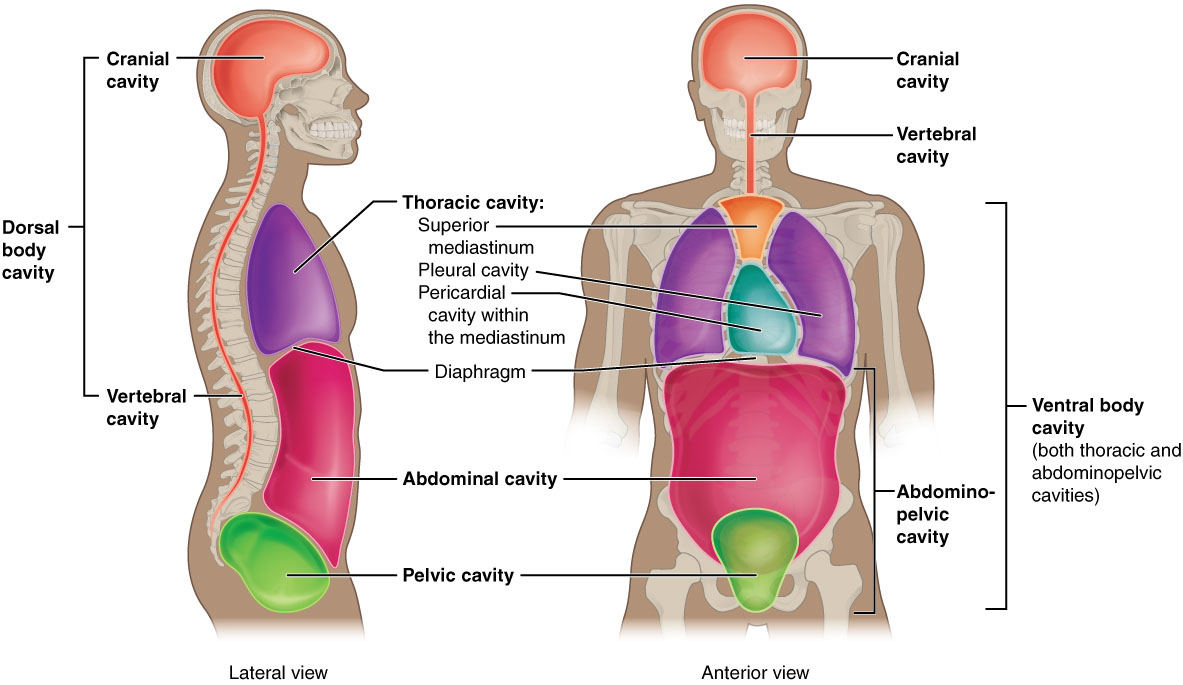 |
| CFCF, "Body Cavities" 14 November 2013. Creative Commons.
After exploring Time Magazine, I found several health
related articles. One article that caught my eye was Alice Park’s “Why Cutting
Back on Fat Isn’t Enough to Help the Heart.” The author argues that it is more
important to focus on obtaining healthy fat, the ones found in plants, nuts,
and fish, than to cut out saturated fats. Dr. Dariush Mozaffarian, dean of the
Tufts Friedman School of Nutrition and Science policy, discovered that “only
3.6% of global heart deaths can be attributed to eating too much saturated fat,
while just over 10% of heart deaths can be traced to eating too little plant
oils.” There are numerous studies that Mozzffarian does to prove that
heart-related deaths should not be solely blamed on saturated fats.
The most sympathetic characters in this article are those
who live in countries such as Russia, Germany and Egypt because they have dealt
with the most heart deaths due to lack of vegetable oils in their diet. If this
research had come out earlier, these heart failures could have been prevented.
The least sympathetic characters in this article are the
doctors and the dietary guidelines that are released by the U.S government that
insist that the main and only cause of heart failure is the consumption of
saturated fats. These doctors should not have made such a broad statement
because now it is a widely known and partially false assumption that in order
to have a healthy heart, one must simply cut saturated fats out of their diet.
Because of this statement, Americas are replacing the saturated fats they used
to eat with carbohydrates, which will evidently turn into triglycerides and be
stored as fat.
After exploring The Week Magazine, I discovered an article
written by Andrew Joseph, “Your ancestors’ poor diet may have ‘scarred’ your
gut microbes.” Joseph’s main argument is that the assumption that we pass on
only our human genes to our children is false; our children also inherit a
microbial set of genes from us. This new claim is supported by the research
done in mice: their depleted bacterial diversity, resulting form low-fiber
diets, was passed on to offspring. The researchers compared mice with diets
full of fiber to mice deprived of fiber and the mice with the deprivation had
offspring with even lower bacterial diversity than they did.
The most sympathetic character of this story is the child of
parents who do not eat nutritiously. It is one thing to not be able to control
your own genes, but its another thing to decrease your child’s quality of life
due to your own eating habits! I hope these recent studies encourage Americans
to consciously eat a diet consisting of fruits and vegetables and whole grains
now that it is known that they have the responsibility of their child’s
microbial genes.
The least sympathetic character in this story is the parent
who does not obtain enough fiber. Before this article was released, one should
already know the importance of a nutritious diet. It frustrates me to witness
people damaging their bodies and ultimately shortening their own lifespan
simply by not eating properly. These studies are just another reason for people
to watch what they eat.
|
Sunday, January 31, 2016
Evaluation of News Magazine Stories
In this post, I am going to evaluate different news magazine stories related to my major.
Subscribe to:
Post Comments (Atom)
No comments:
Post a Comment